1) The Chinese yuan will be in the SDR.
2) Brazil had one of the most important weeks of the year, and possibly of its history.
3) Russia enacted sanctions against Turkey, while Turkey got a deal from the EU.
4) Moody’s raised Russia’s credit-rating outlook to stable from negative.
In the EM equity space, China (+2.6%), Taiwan (0.0%), and Israel (+0.0%) outperformed over the last week, while Poland (-5.4%), South Africa (-4.6%), and Chile (-3.3%) have underperformed.
In the EM local currency bond space, Brazil (10-year yield -30 bp), Bulgaria (-7 bp), and Russia (-7 bp) have outperformed over the last week, while Hungary (10-year yield +24 bp), Poland (+23 bp), and Slovenia (+17 bp) have underperformed.
In the EM FX space, BRL (+3.0% vs. USD), CLP (+1.4% vs. USD), and SGD (+1.3% vs. USD) have outperformed over the last week, while RUB (-2.5% vs. USD), COP (-2.2% vs. USD), and IDR (-0.5% vs. USD) have underperformed.
1) The Chinese yuan will be in the SDR. The share was set at 10.4%, slightly more than we had expected, but less that the 14%-16% share that the IMF staff has intimated a few months ago. This is a significant event, even if there is no short-term market opportunity. The announcement earlier in the week did little to change the trajectory of the currency. Since late October, USD/CNY has been steadily trending higher, while at the same time the CNY-CNH spread has become wider again.
2) Brazil had one of the most important weeks of the year, and possibly of its history. The speaker of the lower house, Eduardo Cunha, has begun the impeachment process. From dozens of possible options, he took the route of accusing the president of violating fiscal rules in the 2015 budget. The process now goes to a sub-committee in the lower house then to the floor for a vote, where it needs two-thirds of support in order to move the process to the senate. The day before, ruling party PT decided to vote against Cunha in the Ethics subcommittee of the lower house, moving along the corruption charges against him. The final vote will be on December 8. Lastly, Congress approved the lower fiscal target for 2015 of R$119.9 bln, despite strong opposition. This is a positive development and a small step towards cleaning up the fiscal mess, as well as preventing a cut of funding to some government services. Markets reacted positively to this yesterday.
3) Russia enacted sanctions against Turkey, while Turkey got a deal from the EU. In response to Turkey’s shooting of a Russian aircraft, Russia imposed a series of sections. This includes a ban on food and non-food imports. Turkish firms and nationals will have their economic activities halted or curbed. Charter flights from Russia to Turkey would be banned, and holiday travel discouraged. Separately, Turkey and the EU reached a deal regarding the migration issue. Turkey will step up its restrictions on migrant flows into Europe in exchange for financial aid (€3 bln), better visa deals for Turkish nationals and resumption of talks about joining the EU. Markets took these developments as net positive. We see them more like a case where Turkey is better off but at the same time the tail risks have become fatter.
4) Moody’s raised Russia’s credit-rating outlook to stable from negative. The credit rating was affirmed at Ba1, a step below investment grade. The agency cited a stabilization of external finances and a diminished likelihood of the economy facing a further “intense shock” in the medium-term. It also expects the country’s external financial position to “remain relatively robust” and that the negative effect of sanctions and low oil prices on FX reserves this year will be milder than expected. This was in part due to the floating exchange rate which “helped mitigate the shocks.”
Tags: Emerging Markets
























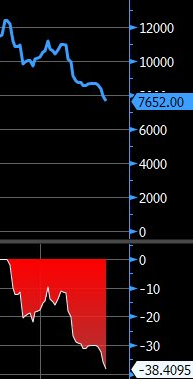
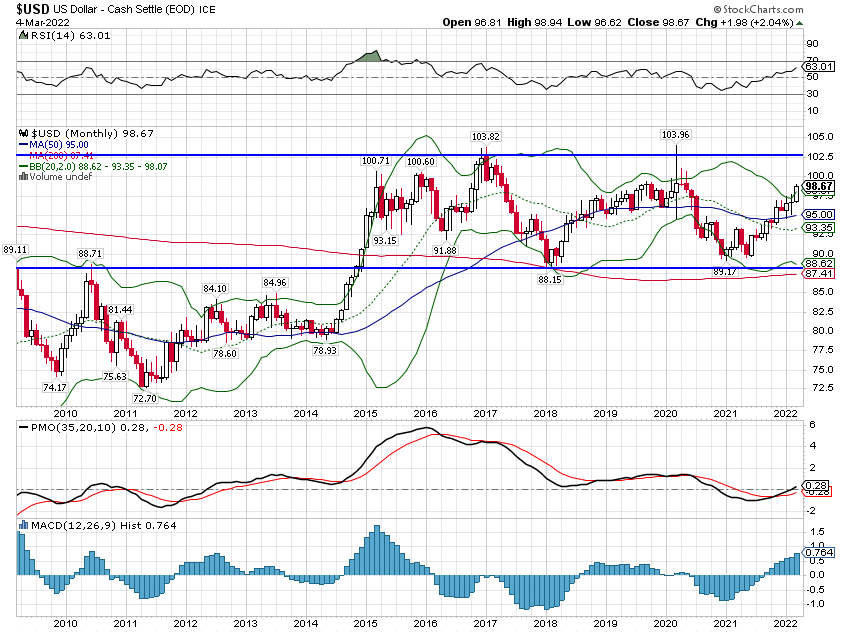
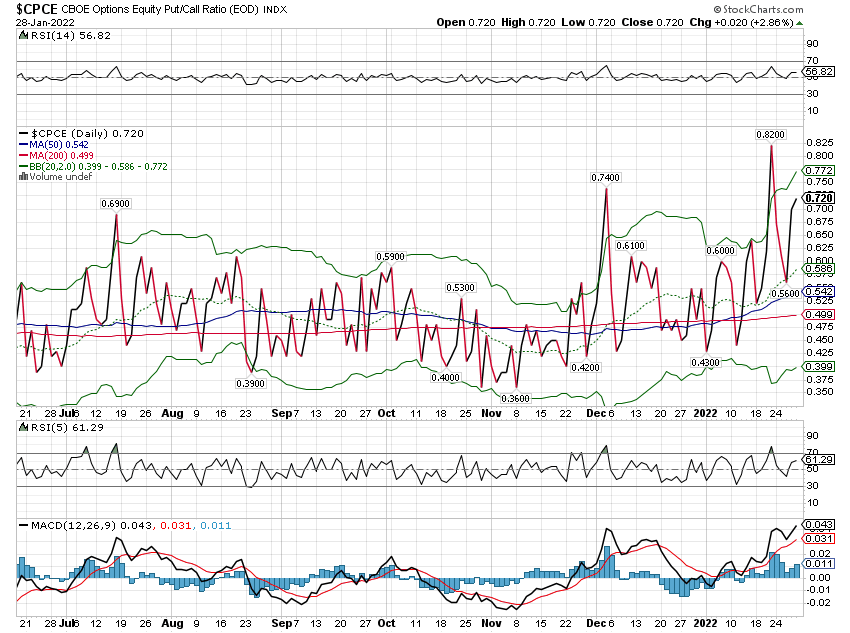
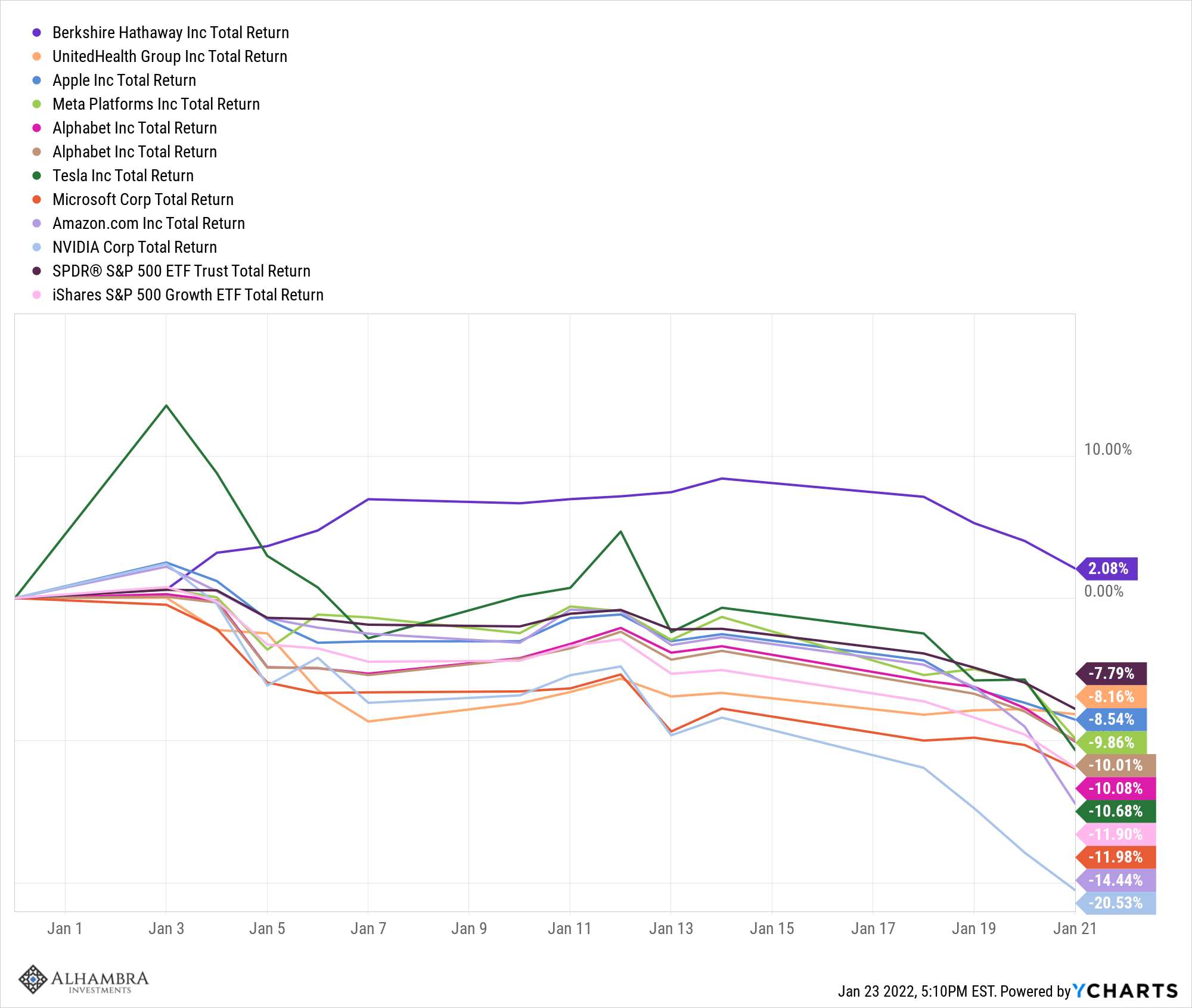
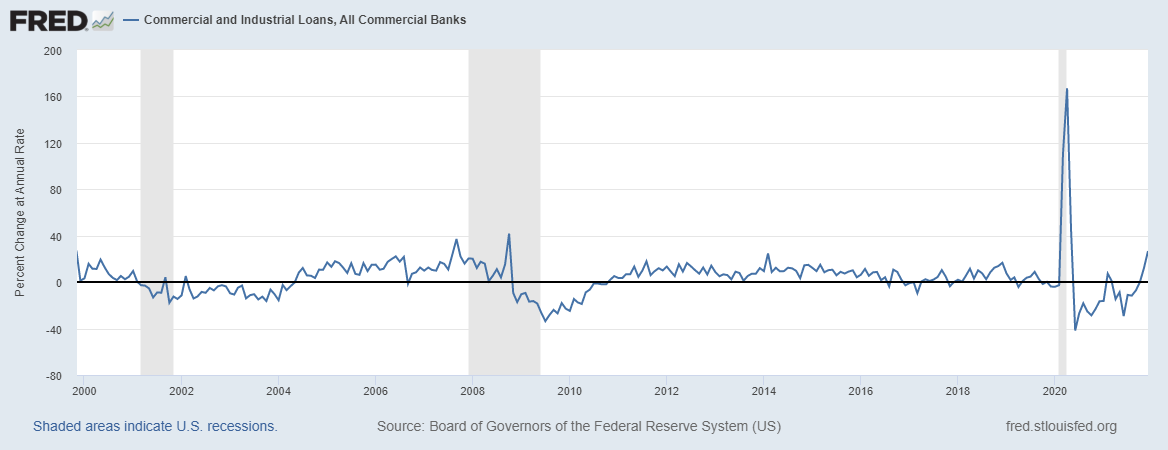
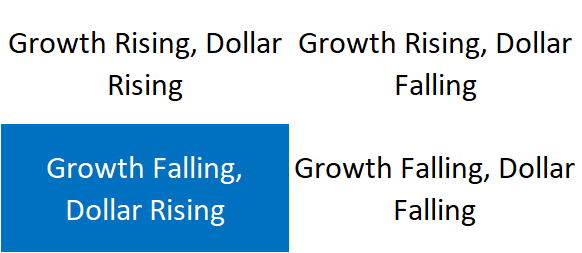
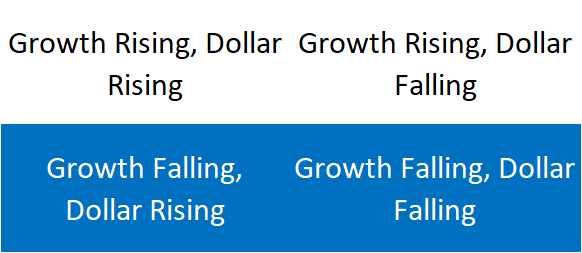
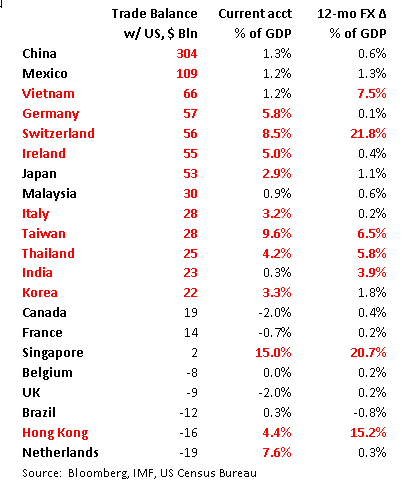



2 comments
Pierre Tavernier
2015-12-05 at 21:44 (UTC 2) Link to this comment
I read that the SNB owns quite a bit of shares of AAPL.
What other stocks are being owned by the SNB?
Are he Central Banks now doing what they loath private sector banks (and the too-big-to-fail banks) to do??
Are we now prematurely and more actively transferring the financial risk from the private sector to the sovereign?
George Dorgan
2015-12-11 at 09:30 (UTC 2) Link to this comment
See the reasoning for the Apple share here